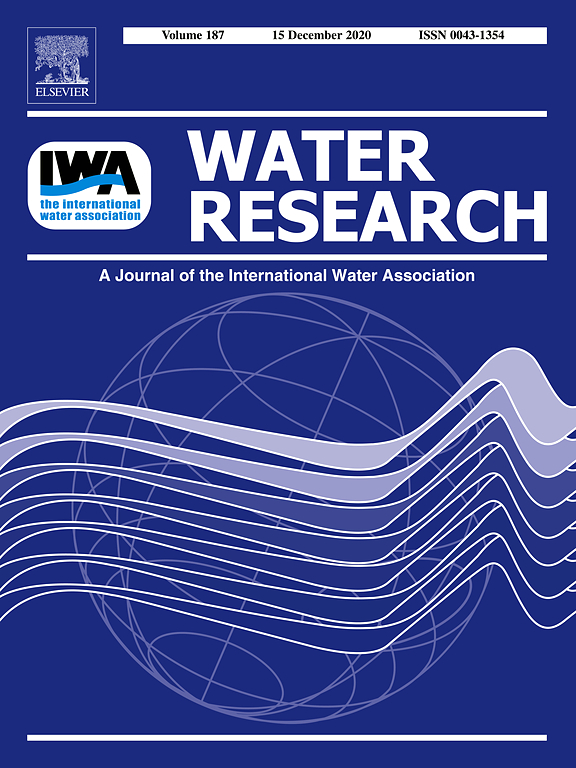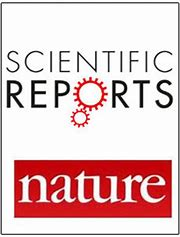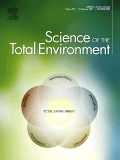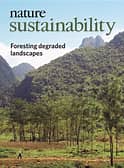- Programme area:1) Biodiversity in a Changing World

A Lake Biogeochemistry Model for Global Methane Emissions: Model Development, Site-Level Validation, and Global Applicability
Epilimnetic oligotrophication increases contribution of oxic methane production to atmospheric methane flux from stratified lakes
Hydropower impacts on riverine biodiversity
The authors discuss the impacts of hydropower on aquatic and semi-aquatic species and how the impacts accumulate spatially and temporally across basins. They recommend the STREAM framework: Systematic planning, Tracking hydropower impacts, Responsive adaptive management strategies, Elimination of hydropower infrastructure, Assessment of socioecological trade-offs, and Multi-actor decision-making.
Chytrid fungi infecting Arctic microphytobenthic communities under varying salinity conditions

Strong Subseasonal Variability of Oxic Methane Production Challenges Methane Budgeting in Freshwater Lakes
Tapping into fungal potential: Biodegradation of plastic and rubber by potent Fungi
The presence of plastics in our environment is an increasing burden on nature and our health. The authors have now identified fungi isolated from freshwater ecosystems that can efficiently degrade plastic polymers made of polyurethane, polyethylene and tyre rubber. Contrary to previous assumptions, no pre-treatment of the plastics was necessary.
Freshwater megafauna shape ecosystems and facilitate restoration
This is a review, synthesizing how megafauna shape ecological processes in freshwater ecosystems and discussing their potential for enhancing ecosystem restoration. Restoring freshwater megafauna can revive essential ecological processes like disturbances, trophic cascades, and species dispersal, boosting biodiversity and enhancing nature's contributions to people.
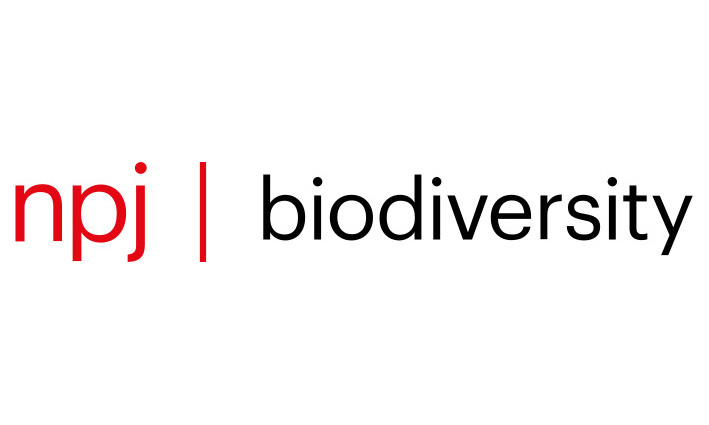
The European Reference Genome Atlas: piloting a decentralised approach to equitable biodiversity genomics
Researchers from all over Europe have created high-standard reference genomes for 98 species as part of the European Reference Genome Atlas (ERGA) pilot project. This collaboration of scientists from 33 countries is an important milestone on the way to a reference genome database for European animals, plants and fungi.
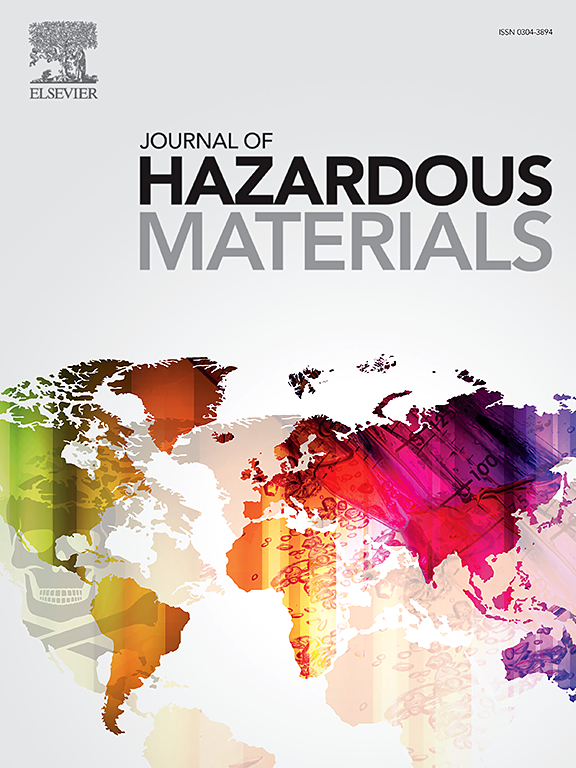
Enhanced inhibitory efficiency against toxic bloom forming Raphidiopsis raciborskii by Streptomyces sp. HY through triple algicidal modes: Direct and indirect attacks combined with bioflocculation
The global extent and severity of operational interactions between conflicting pinnipeds and fisheries
Conservation efforts have led to the recovery of pinnipeds populations worldwide after decades of intensive hunting and culls. However, this positive development has led to conflicts with fisheries, particularly small-scale fisheries. They are almost three times more likely to come into conflict with seals, sea lions and walruses, and lose four times more of their catch than larger fisheries.


